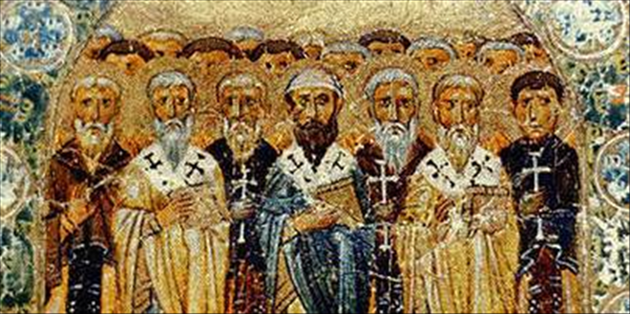
By Henry Newman
Dogmatic principle
That there is a truth then; that there is one truth;
That religious error is in itself of an immoral nature; that its maintainers, unless involuntarily such, are guilty in maintaining it; that it is to be dreaded;
That the search for truth is not the gratification of curiosity; that its attainment has nothing of the excitement of a discovery;
That the mind is below truth, not above it, and is bound, not to descant upon it, but to venerate it;
That truth and falsehood are set before us for the trial of our hearts; that our choice is an awful giving forth of lots on which salvation or rejection is inscribed;
That “before all things it is necessary to hold the Catholic faith;” that “he that would be saved must thus think,” and not otherwise;
That “if thou criest after knowledge, and liftest up thy voice for understanding, if thou seekest her as silver, and searchest for her as for hid treasure, then shalt thou understand the fear of the Lord, and find the knowledge of God,”
— This is the dogmatical principle, which has strength.
The principle of philosophies and heresy
That truth and falsehood in religion are but matter of opinion; that one doctrine is as good as another;
That the Governor of the world does not intend that we should gain the truth;
That there is no truth; that we are not more acceptable to God by believing this than by believing that; that no one is answerable for his opinions; that they are a matter of necessity or accident; that it is enough if we sincerely hold what we profess; that our merit lies in seeking, not in possessing;
That it is a duty to follow what seems to us true, without a fear lest it should not be true; that it may be a gain to succeed, and can be no harm to fail;
That we may take up and lay down opinions at pleasure;
That belief belongs to the mere intellect, not to the heart;
That we may safely trust ourselves in matters of Faith, and need no other guide
— This is the principle of philosophies and heresies, which is very weakness.
***
This is excerpted from Henry Newman, J. (1845), An Essay on the Development of Christian Doctrine (pp. 344–345). London: James Toovey. Headings and line spacing are not original to the text.





